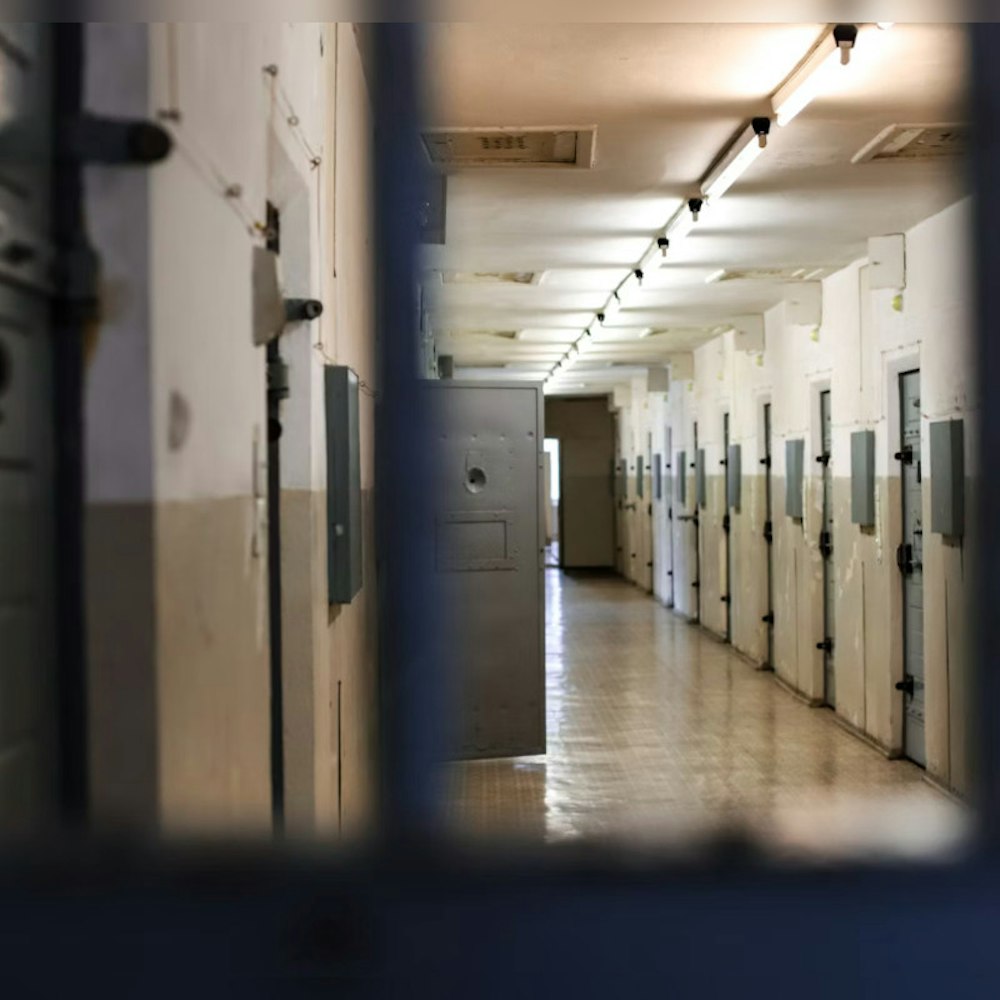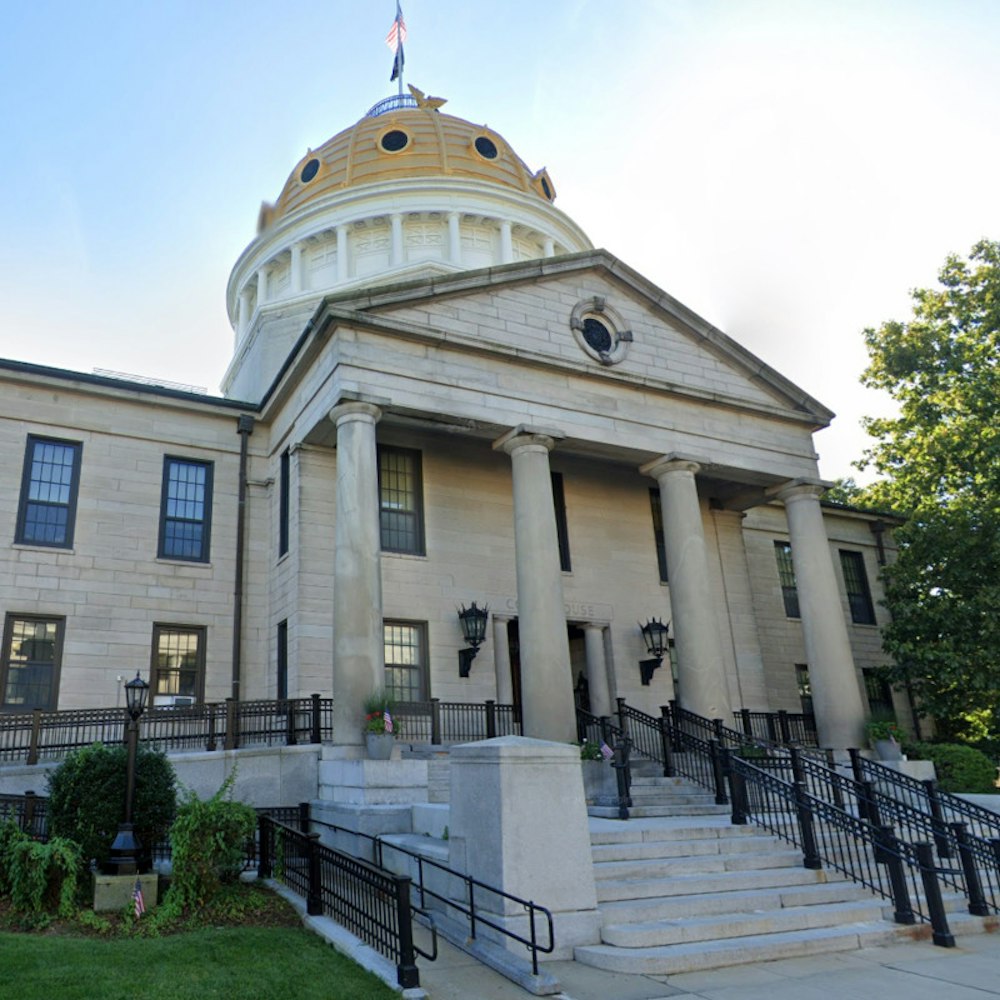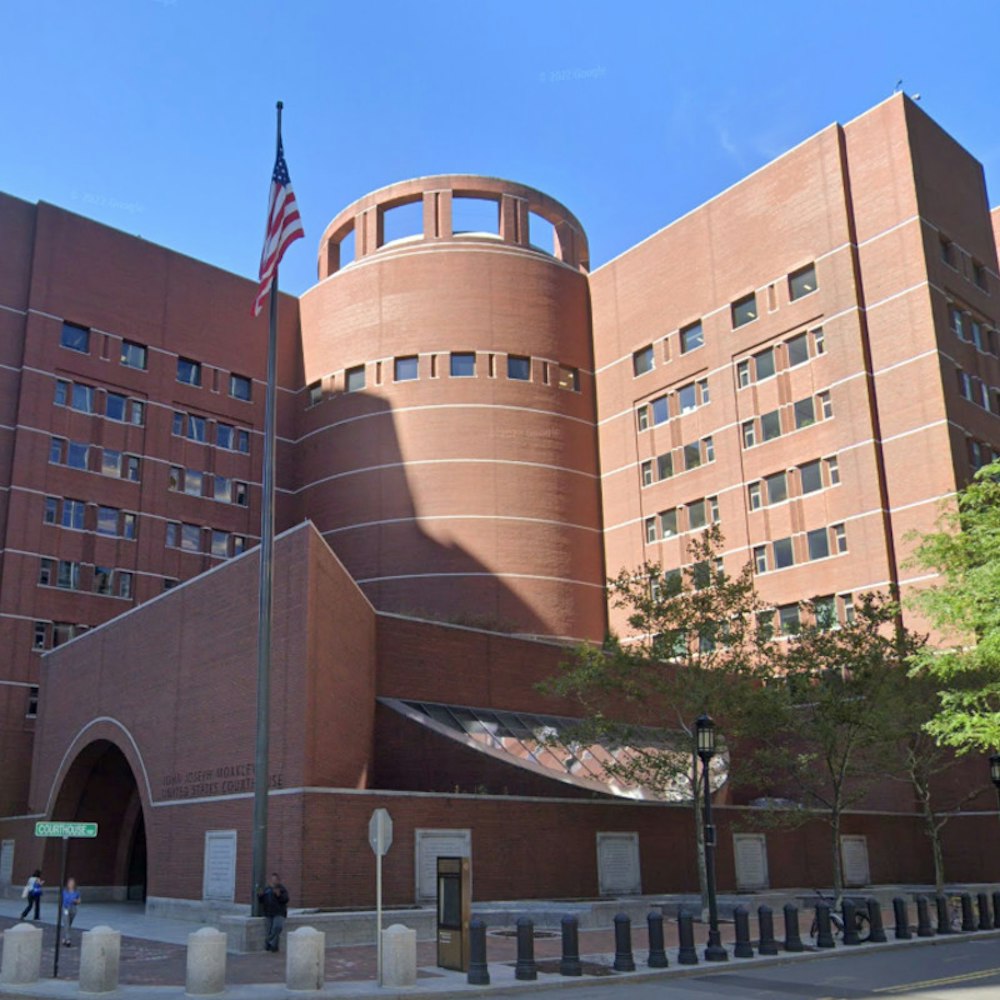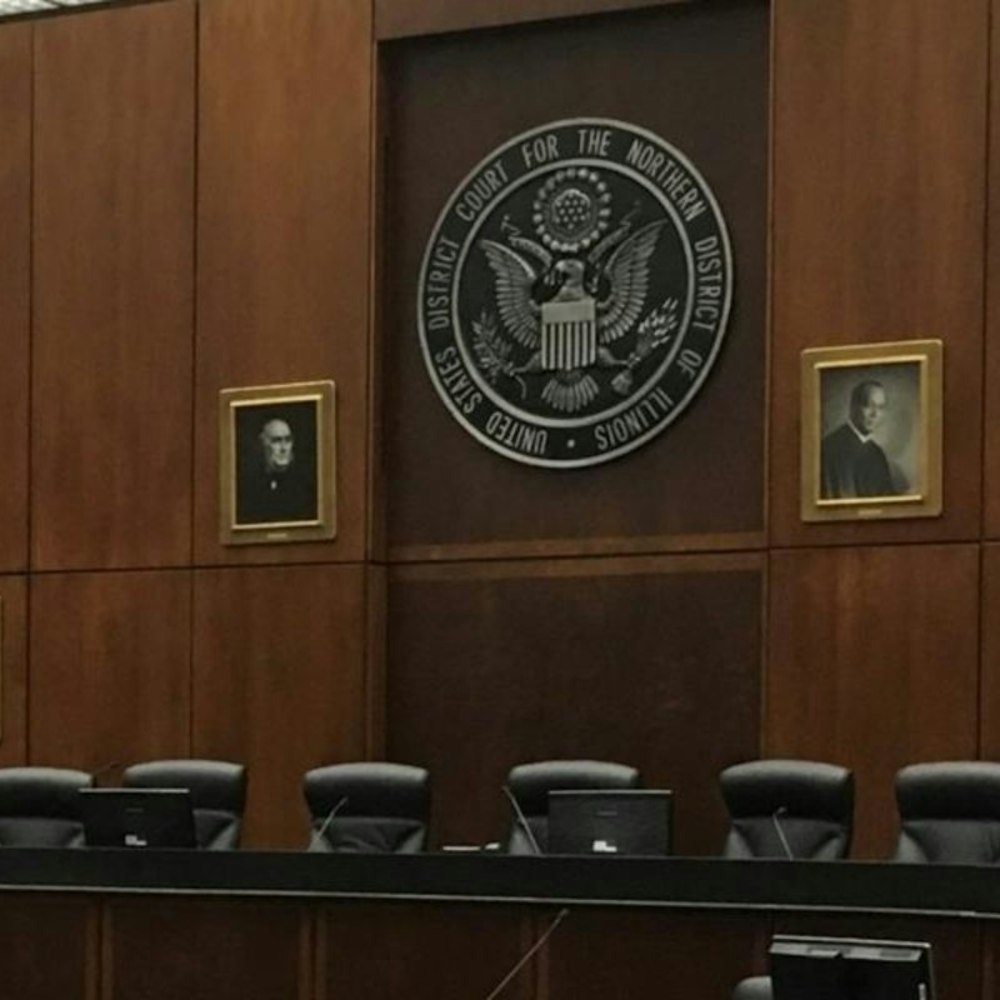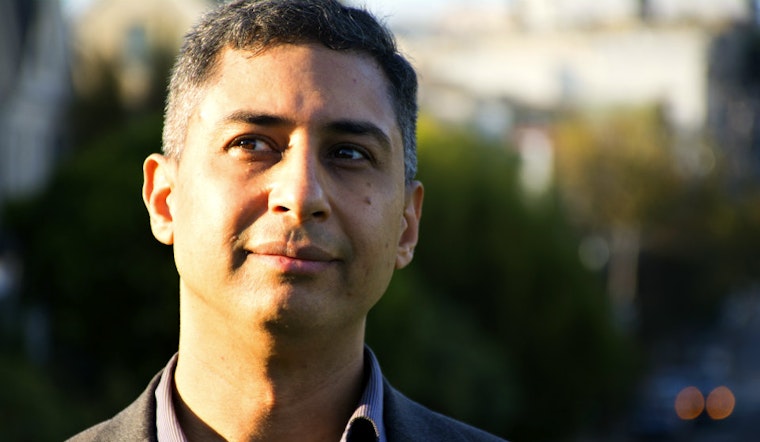
Between 2005 and 2012, Egyptian Ahmed Salah self-identified as a full-time activist, organizing and protesting against the dictatorial leadership of Hosni Mubarak. Although Salah was a committed leader of the revolution, his country eventually became too unsafe for him to remain, and threats against his life ultimately drove him to flee Egypt. He now lives in San Francisco, and has resided in the Castro for much of that time, thanks to the help of a longtime resident.
Arriving to the United States in 2012 felt less like an escape for Salah, and more like an expulsion from his homeland. In his new memoir, You Are Under Arrest for Masterminding the Egyptian Revolution, Salah explains how he came from Egypt to San Francisco:
For the last three years, I have lived in self-imposed exile in San Francisco. I was fleeing assassination attempts and newspaper headlines that smeared me as a traitor. I found safety—and the pain of dislocation and loss.
Once I spent my days hustling between protests, interviews with journalists, and meetings with foreign diplomats. My goal was to free Egypt. Now, on any given day, I struggle to make enough money to afford a slice of pizza. My goal is to avoid homelessness.
Through it all, I have watched Egypt and the achievements of our revolution fall apart. I have watched corrupt politicians and businessmen leave prison and return to power. I have watched our elections anoint military dictators. And I have watched the police imprison and attack my friends, fellow activists, and fiancee.
The achievements of the revolution—along with the meaning and importance that once pervaded my life—often feel like sand slipping through my fingers.
Salah’s story is a powerful one. We caught up with him to talk about his time in San Francisco.
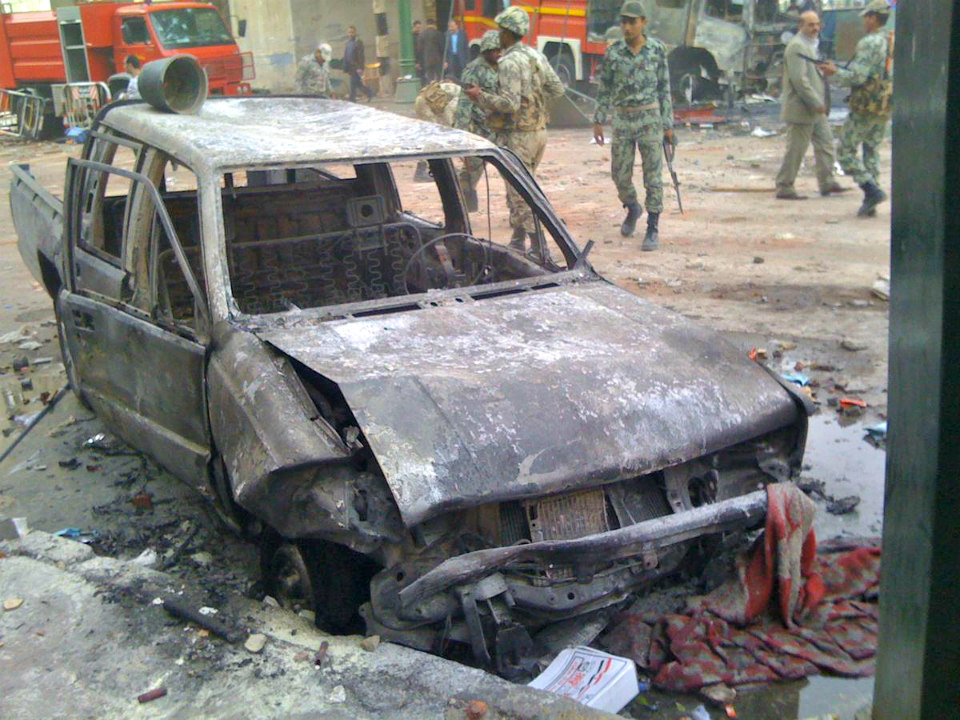 A picture taken by Salah in Tahrir Square in January 2011.
A picture taken by Salah in Tahrir Square in January 2011.
“San Francisco has some very good qualities I have found very special,” said Salah. “Its heritage, its tradition of activism, for people who are always trying to fight for freedom and equality.”
It was San Francisco’s spirit of activism that attracted Ahmed to the city from Washington D.C., where he first landed after he left Cairo. “All of my friends say that [San Francisco] used to be so much better, but I still feel a spirit of activism around here. San Francisco is experiencing cultural and demographic changes. As a visitor, as someone from the outside, I still feel it and I appreciate it,” said Salah.
Justifying living in San Francisco, with its exorbitant rent prices and high cost of living, proved to be a challenge for Salah, who, when he first arrived, was in the slow process of obtaining a green card. Though he's worked as an Arabic tutor and a desk clerk in a Tenderloin hotel, health issues resulting from his imprisonment and torture make it difficult for him to hold down a full-time job. As a result, he relies heavily on the generosity of friends.
“The first place I was welcomed when I moved to San Francisco was the house of a friend of mine who lives in the Castro,” said Salah, who is currently staying in Ingleside. That friend was longtime Castro resident Peter Menchini, who first heard about Salah through his involvement with Occupy San Francisco in 2011. Menchini saw Salah speak, and the two talked afterwards. “That’s how we met,” said Menchini, who later made his home available to the Egyptian. “As an activist, my feeling is I’m helping the community, but sometimes I do it kind of in a micro way. With Ahmed, we put him up here.”
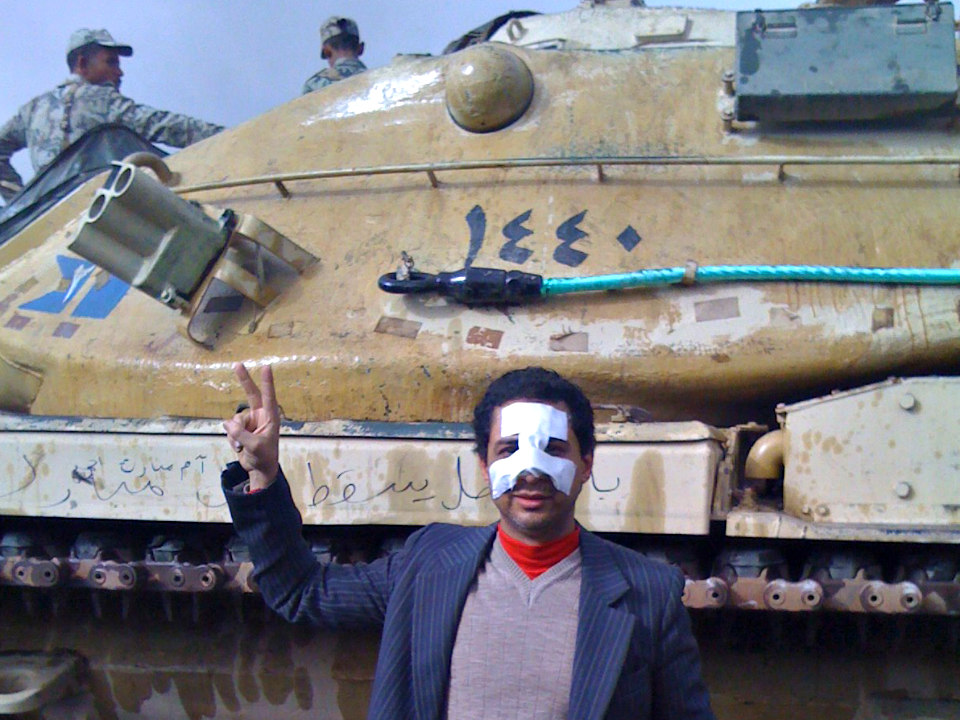 A photo of Salah posing in front of an Egyptian tank. The picture is on the cover of his book.
A photo of Salah posing in front of an Egyptian tank. The picture is on the cover of his book.
When asked about what it was like to come from Egypt to the Castro, Salah said that initially, there was some culture shock.
“Living in San Francisco, starting to experience this life in that neighborhood, was a very interesting platform to be introduced into various aspects that seemed culturally shocking for a moment at the beginning. They are very different than what I had been accustomed to seeing back in my home country,” Salah said, laughing. “But not in a bad way.”
Just as Salah was attracted to San Francisco for its tradition of activism, he was equally drawn to the Castro for its commitment to equal rights activism—specifically, fighting for LGBT rights. “They’re all aspects of the same thing,” said Salah, “which is struggling to ensure equal rights for every human being.”
“He’s very supportive of all civil rights,” said Menchini. “Ahmed is like, ‘Oh, you want your civil rights? We support you.’”
Menchini's house has become a safe haven for Salah, who's been worried about potentially becoming homeless. “It’s a rough thing I have to deal with,” he said. “Peter has always been a very supportive brother to me. He had hosted me in his house numerous times whenever I have been out of place. His place kind of feels like home to me.”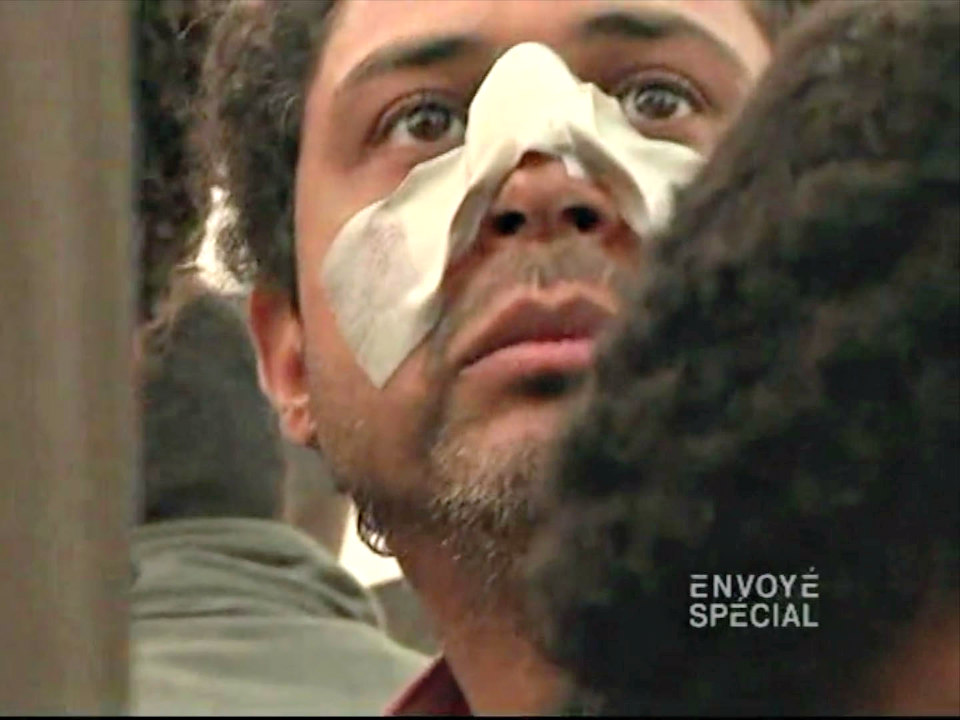 A still of Salah from Menchini's promotional video for Salah's book. The original footage was recorded in Tahrir Square in 2011 by a French television channel.
A still of Salah from Menchini's promotional video for Salah's book. The original footage was recorded in Tahrir Square in 2011 by a French television channel.
These days, walking around the Castro "feels natural, because I have been living in San Francisco now for quite awhile. It’s been over three years, and you cannot ever live in a place this long without starting to have a bond with the land and it to start feeling like home, especially when you are exiled from your home.”
“I literally have lost everything,” said Salah. “My country is ever-changing, in the worst possible way. I’m still very hopeful. Once it hits bottom, it will bounce back. The change is inevitable. It just pains my heart to see all of the victims.”
According to Menchini, everyone, especially fellow activists, has a lot to learn from Salah’s experience and optimism. “The most important thing that other activists should know, is that there are a lot of theories about what will make a revolution happen and what will make one fail,” said Menchini. “The good thing is that they can have Ahmed here as a resource.”
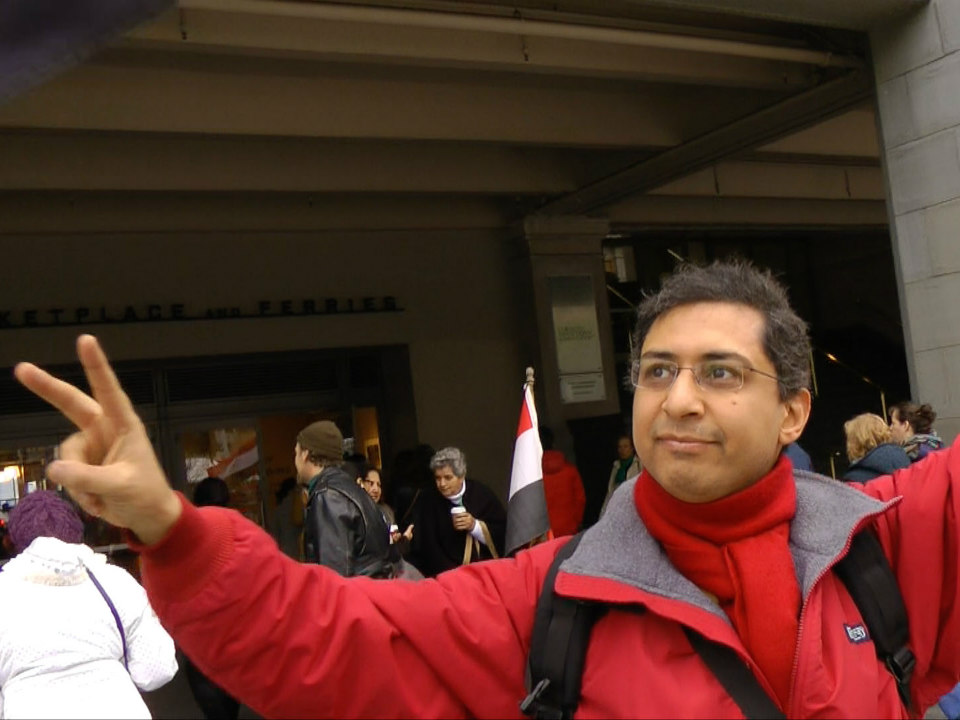 A still of Salah from Menchini's promotional video of Salah's book.
A still of Salah from Menchini's promotional video of Salah's book.
Salah hopes that people will see his new memoir as a powerful story and as a community resource. “It shows how to deal with how to build a strategy against extreme odds that are overwhelmingly showing an impossible solution, learning through failure over and over again, thinking outside of the box, how to deal with the ever-changing dynamics.”
“He’s a third-generation activist,” said Menchini, “and he’s been through all this stuff: he’s been tortured, he’s hunger-striked, he was pronounced dead and they had to resuscitate him. He’s done all of these things, but he’s just this regular guy. He’s incredibly articulate, he has very deep thoughts, and despite all of his physical and mental suffering, he’s just very rational and right-on and supportive of everyone. It’s really good to see.”
Given the safety concerns of returning to Egypt, Salah plans to stay in San Francisco, at least for the time being, and will one day apply for U.S. citizenship. His commitment to human rights, political activism, and the Egyptian cause remain steadfast.
“If we were to end up with President Trump,” said Menchini, “you’d find us surrounding [Salah]. They wouldn’t be able to deport him without throwing us all in jail.”
Ahmed Salah will be speaking at an upcoming OccupyForum on May 9th. You can order a copy of his book, You Are Under Arrest for Masterminding the Egyptian Revolution: A Memoir, on Amazon.
